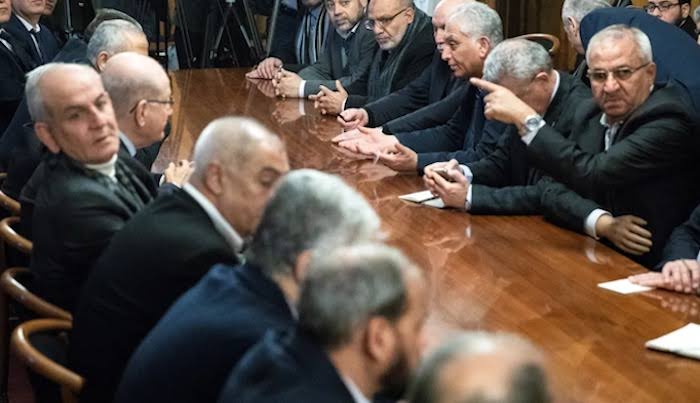Hamas is currently insisting on the implementation of a previously agreed proposal with Israel, rather than engaging in new talks. This demand comes in the wake of Israeli airstrikes that killed at least 19 Palestinians in Gaza.
The U.S. expressed hope on Monday that the peace talks scheduled for Thursday would proceed as planned and that a ceasefire agreement could still be reached. However, Hamas remains firm in its stance on implementing agreed terms, accusing Israel of using new negotiations as a pretext for continued oppression in Gaza. Hamas is wary of further delays and possible stalling tactics.

This hardline position from Hamas is likely to hinder progress in the peace talks. Israel has introduced a new condition requiring the screening of Palestinians wishing to return to Gaza after any potential agreement, aimed at eradicating Hamas from the region. Axios reported that U.S. Secretary of State Antony Blinken is set to travel to Qatar, Egypt, and Israel for discussions. Although the Israeli government has agreed to send a delegation to Thursday’s talks, Hamas has confirmed it will not attend, refuting a CNN report that it planned to participate.
The ongoing conflict has already resulted in significant casualties, with nearly 40,000 Palestinians reported dead over ten months of fighting. The Israeli military has claimed responsibility for recent strikes on Palestinian gunmen and military infrastructure in various Gaza locations.
The potential ceasefire aims to end the fighting and facilitate the release of Israeli hostages in exchange for Palestinian detainees. Hamas seeks an end to the conflict, while Israeli Prime Minister Benjamin Netanyahu insists that it will only conclude with the complete dismantling of Hamas. In the overcrowded area of Deir Al-Balah, many displaced individuals are urgently calling for a truce.
The impasse that exists right now between Israel and Hamas serves as a stark reminder of how complicated the war is becoming. Hamas’s mistrust of Israeli intentions is demonstrated by its insistence on carrying out the terms that had previously been agreed upon rather than starting fresh negotiations. This stance represents a larger apprehension among Palestinians regarding possible Israeli stalling strategies, as Israel has imposed new requirements like screening Palestinians who want to go back to Gaza. The divergence in their objectives—Hamas’s focus on implementing agreed terms versus Israel’s demand for complete dismantling of Hamas—complicates efforts for peace. With the current positions on ground, a long-term peace is unlikely to materialize unless significant compromises or a change in attitude are made by both parties.

















